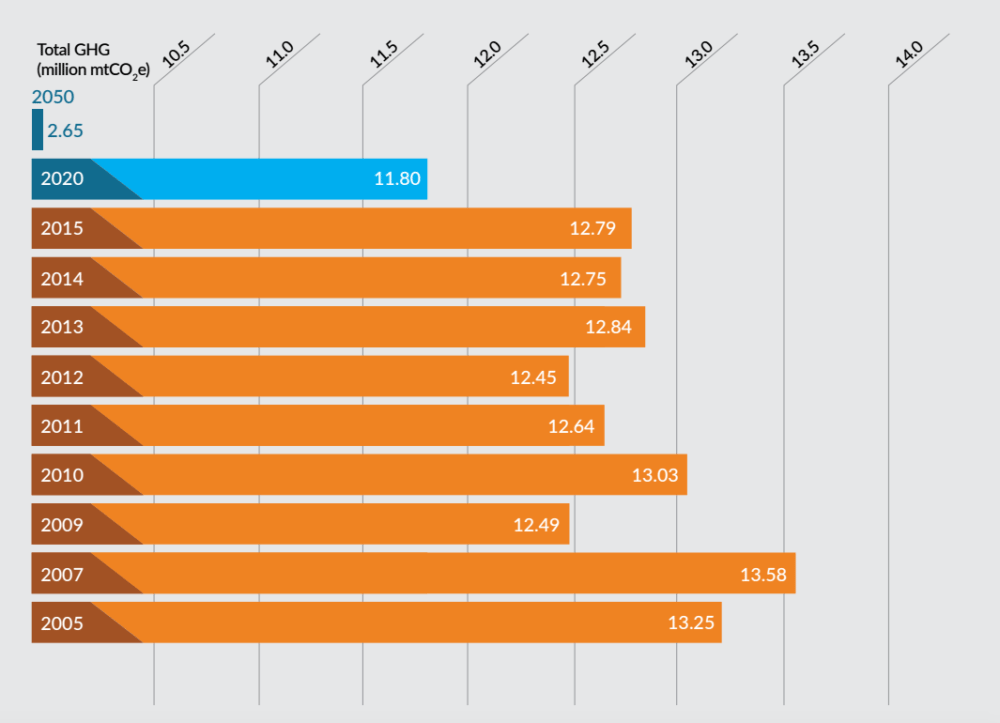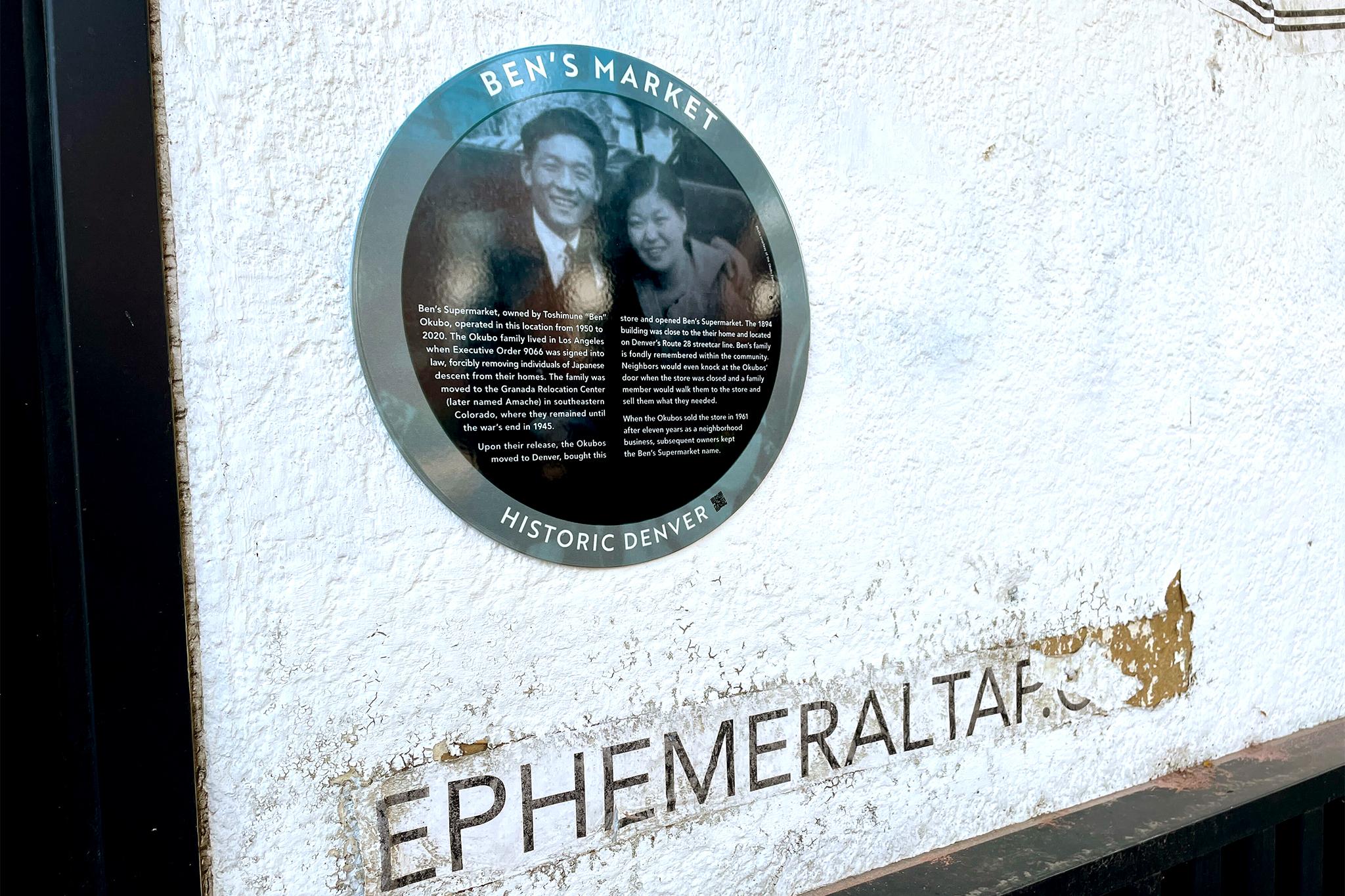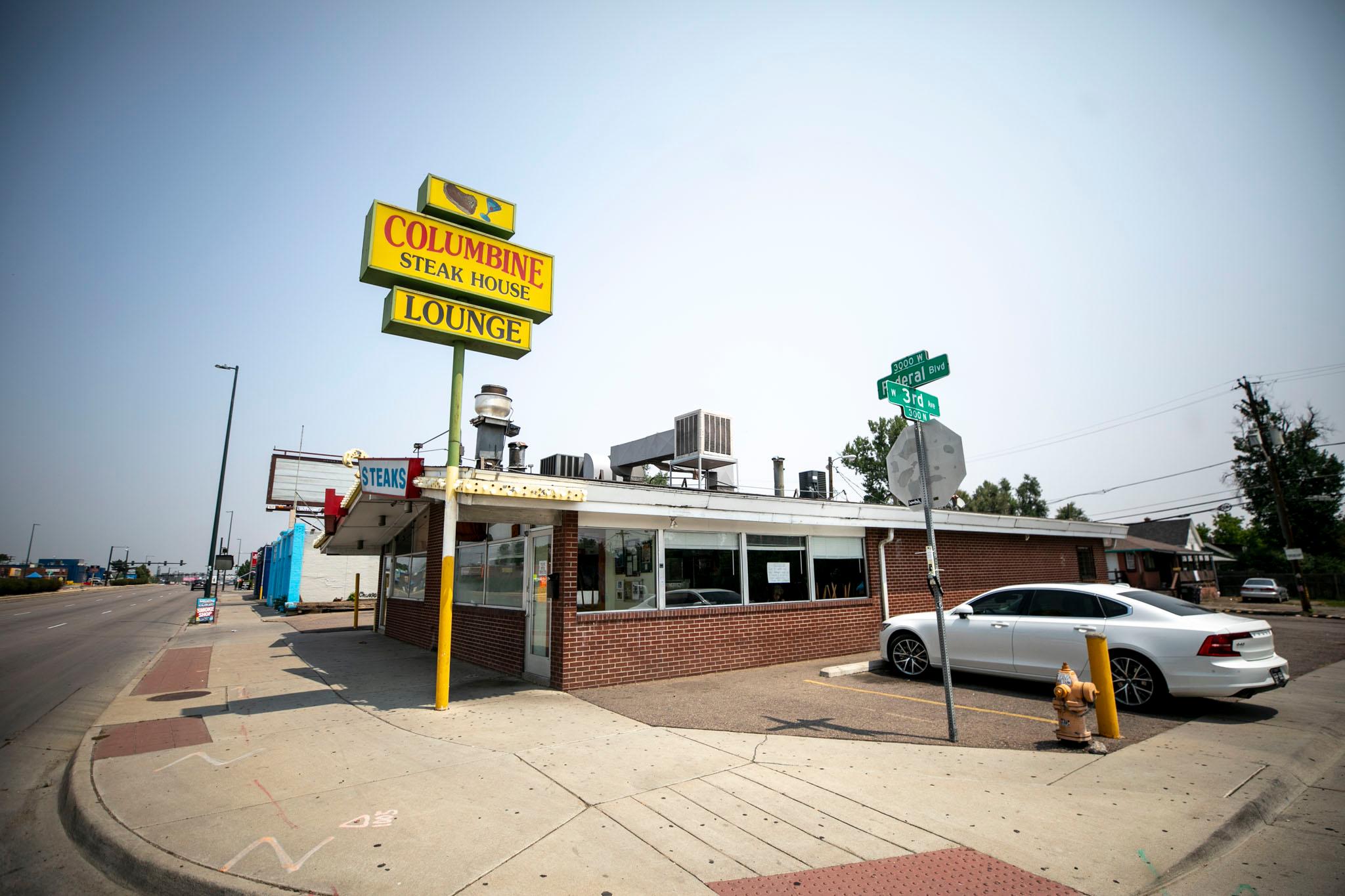
Nearly two years ago, Mayor Michael Hancock announced that Denver would join cities from Boston to Yokohama, Japan, in trying to drastically cut its greenhouse gas emissions by the year 2050.
Denver already has eliminated nearly a million metric tons of yearly carbon emissions, but it will have to do that 10 times over to meet its goal.
On Wednesday, the city government gave a hint of how that might be accomplished, publishing a series of recommendations from experts that eventually could become Denver's official climate strategies.
"What the city of Denver is doing, to actually lay out exactly what they’re doing to get there, ... is a step ahead in many ways from what’s happening across the state and across the nation," said Hillary Larson, spokeswoman for the Sierra Club of Colorado.
The document suggests the future the city might see in 2020, 2030 and beyond as Denver tries to eliminate 80 percent of its carbon emissions, compared to 2005.
Compiled by a panel of experts from various organizations, the report suggests:
- That Denver push for all new, local buildings to be "net zero" in energy use by 2035. Builders might do that by adding solar panels and wind turbines and using more efficient materials and systems for heating and cooling. Denver recently started requiring that large building owners publicly report on their energy performance. There aren't any net-zero commercial buildings in the city yet, according to city staff.
- That all electric vehicles in Denver be powered by renewable sources by 2030, and that the vast majority of local vehicles be electric by 2050. That would depend strongly on whether Xcel Energy is able to push toward renewables as strongly as it hopes to. Denver also is laying out plans to grow its electric charging network, as we reported last month.
- That 16 percent of commuters in the city use public transit by 2030, with just as many people walking or biking, too. Transit use is currently about 6 percent. That kind of dramatic boost could require changes to everything from development patterns to the quality of transit, as Megan reported earlier.
These ideas are a long way from becoming official city strategies or requirements.
"There’s a lot of folks in the administration that will be seeing this for the first time," said Tom Herrod, manager of Denver's climate program in the Department of Environmental Health. "This is really where we start getting community input."
The Department of Environmental Health is calling this a "stakeholder report," because the ideas were compiled with input from engineering firms, research groups like the National Renewable Energy Laboratory, companies such as Panasonic and others.
So, first, the city is putting out the report for public comment. The city will be holding community events over the next two months to discuss the climate plan, although none are scheduled yet. A full plan could start to emerge sometime early next year.
The key questions may be whether the city can effectively measure its progress toward its environmental goals and whether it will enforce requirements to drive progress.
Late in 2016, the city auditor criticized the Office of Sustainability, which is separate from the Department of Environmental Health that produced this study. The audit said that the city didn't have a proper "overarching implementation plan" to track its progress toward its shorter-term 2020 environmental goals.
A spokeswoman for the Office of Sustainability said that it has since consolidated its various environmental plans in response to the audit. Kerra Jones, a spokeswoman for DEH, separately noted that the city tracks its greenhouse gas emissions on a year-to-year basis, providing some accountability.
There also has been talk in city government about putting more teeth in the environmental effort: Councilwoman Robin Kniech said that if voluntary programs don't improve buildings' energy efficiency, the city will have to get tougher.
Herrod, meanwhile, is confident that this is the right place and time for an ambitious step to blunt the city's contribution to climate change
"All these technologies and all these actions, they’re all sort of beating the expectations," Herrod said, "so I’m incredibly optimistic about this."
Updated with more detail on the audit of the Office of Sustainability.












